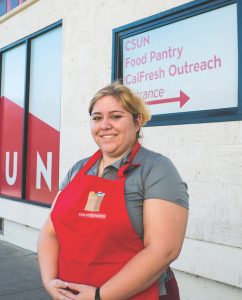Tiffany Miranda: Inspiring the Next Generation through Music
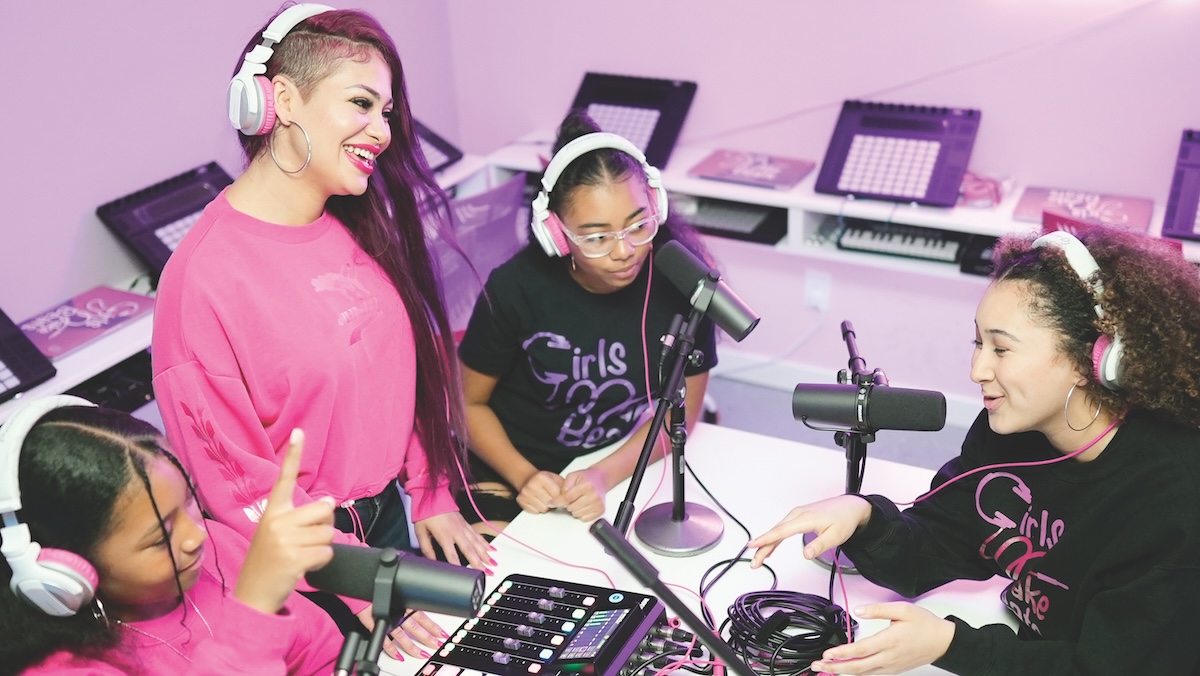
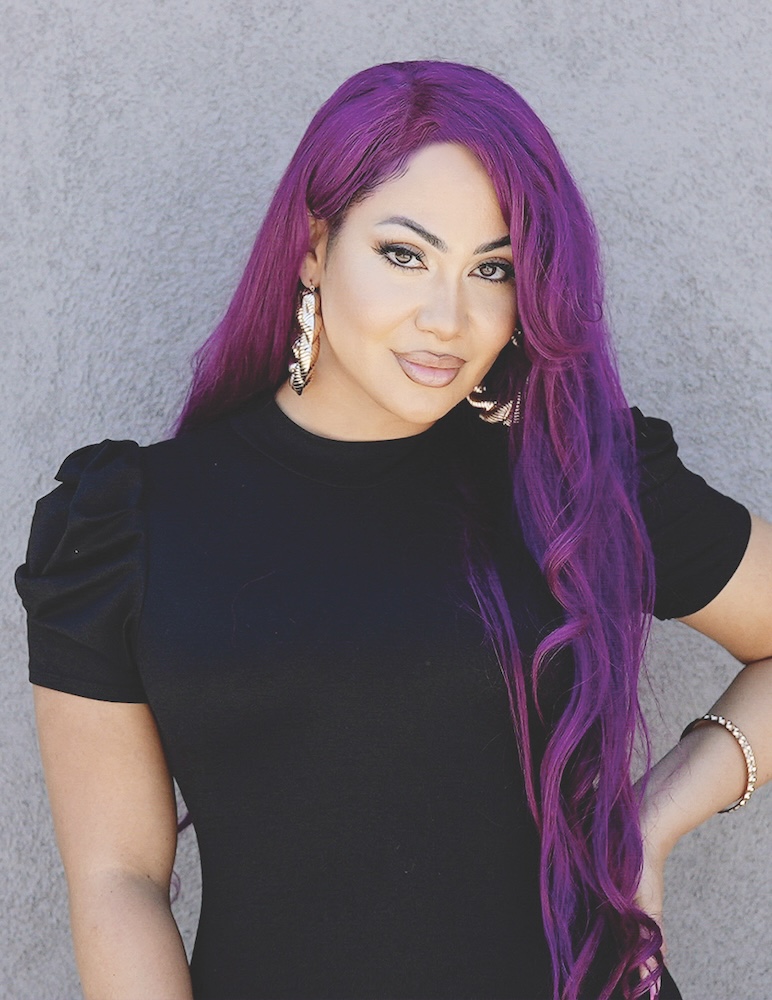
Tiffany Miranda is a singer, songwriter, and philanthropist who has dedicated her life to empowering young women in the music industry. At the age of 19, she appeared as a contestant on American Idol and The X Factor, experiences that exposed her to the male-dominated world of music production. Recognizing the lack of female representation in creative control positions, Miranda founded Girls Make Beats, a nonprofit organization that provides young girls with the tools, knowledge, and opportunities to become the next generation of music producers, DJs, and audio engineers.
Over the past 12 years, Girls Make Beats has grown from a grassroots initiative to a nationally recognized program. Under Miranda’s leadership, the organization has partnered with major artists and brands, providing its participants with real-world experiences and industry connections. Miranda’s work has contributed to a measurable increase in female representation in music production, with recent statistics showing a rise from less than 3% to 6.5% of women in the field.
In addition to her work with Girls Make Beats, Miranda continues to create music and is launching a new online show to highlight underrepresented voices in the music industry. Her commitment to gender equality and economic empowerment in entertainment continues to inspire and change lives.
Q: Can you tell us about your journey from being a young singer to founding Girls Make Beats?
Tiffany Miranda: Absolutely. It all stemmed from my love for music. I grew up in a family that was rich in love but not in resources. My parents always supported my dreams but couldn’t provide the means to achieve them. So, from a young age, I had to work and save for everything I wanted to do in music.
When I was eventually able to attain the things I needed for my career, I wanted to create a lane to give back to girls who were just like me when I was 11 years old, just wanting to sing and be exposed to music but having no resources.
I faced many challenges, including being in male-dominated spaces and having little to no access to resources. I remember taking the bus to Barnes & Noble to read the Pro Tools book because I couldn’t afford to buy it. I’d sit there with my little notepad, taking notes and hoping they wouldn’t kick me out.
These experiences made me realize how important it is for young girls to have access to creative expression and opportunities they traditionally didn’t have. That’s what drove me to create Girls Make Beats.
Q: Tell us about Girls Make Beats. How does it help change the music industry narrative?
A: Girls Make Beats started with a vision born from my personal challenges. Not seeing women who looked like me in powerful positions, I knew I had to be that change. For the past 12 years, Girls Make Beats has been my baby, providing girls with access to equipment, a strong network within the music industry, a supportive sisterhood, and a mentoring space.
Over the years, our girls have achieved incredible things. They’ve produced a remix for Janet Jackson, created music for a Ford commercial with Angela Bassett, worked on Nike commercials, and even produced an original song for the Barbie “You Can Be Anything” digital series. We’re focused on making sure that any opportunities we get are awarded to the girls to create real career pathways.
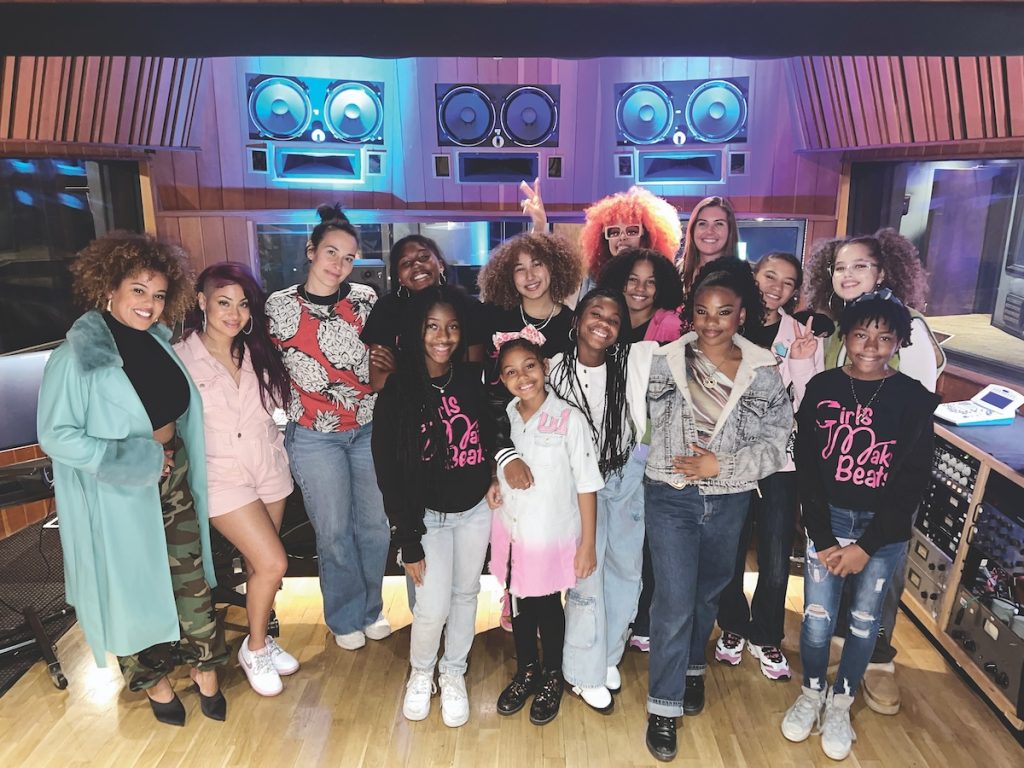
Q: I understand Girls Make Beats has recently branched out with a TV show and a documentary. Can you tell us more about these?
A: Yes, during COVID, we launched an online show where the girls interviewed artists like Janelle Monáe, Chloe and Halle, and Tanasha. This has now segued into a podcast where we work with various record labels, particularly Atlantic Records. It’s a great platform for the girls to build industry relationships and connect with each other.
As for the documentary, it’s been a work in progress for over a decade. We’ve been capturing footage of our work and the lives we’re changing through music. We’re documenting the stories of these young girls and their families, showing how the program and music have impacted their lives. Many of our girls come from challenging backgrounds, and we’ve seen how giving them this creative power has strengthened their confidence. We’ve had parents tell us how their shy girls have become vibrant and outgoing. It’s beautiful to witness and document.
Q: Have you seen a noticeable uptick in women audio engineers and women in positions of creativity and control in the music business since
you started?
A: Absolutely. Social media has played a role in this, providing more visibility for women and girls DJing and creating music. Also, easier access to technology means girls can learn without being in intimidating male-dominated spaces.
Statistically, we’ve seen progress too. A few years ago, less than 3% of music producers were women. This past year, it went up to 6.5%, more than doubling. The Annenberg Inclusion study credited Girls Make Beats for helping to make this change happen.
We’re also seeing impact through our alumni. For example, Kaiya Nyasha, who started with us at 16, graduated from Berklee at the top of her class and now works at a major record label with Billie Eilish. She continues to create opportunities for our young girls and mentor them.
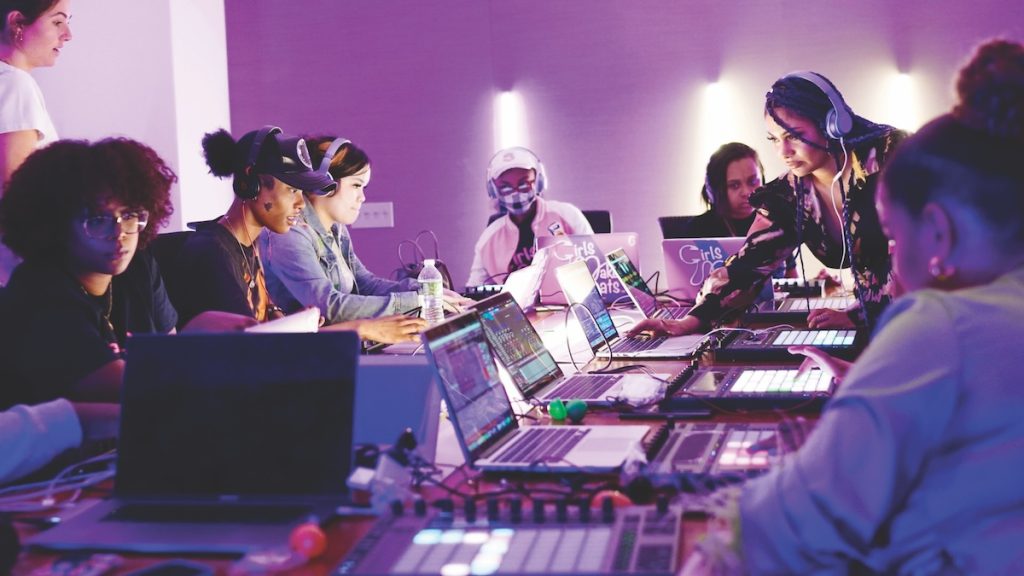
Q: What advice would you give to other passionate philanthropic entrepreneurs about starting a small, grassroots nonprofit?
A: Never underestimate the power of an idea. Sometimes, when I’m at events put together because of Girls Make Beats, like our inaugural gala, I look around the room and think, “Wow, what if I had just let it be an idea and allowed the fact that I had no resources to limit me from this moment?”
It’s important for others to know that as an individual, we have an extreme amount of impact. Sometimes we feel like, “Oh, well I’m just one person” or “I don’t have access to X, Y, Z,” but let me tell you, positivity works 10 times harder and better than negativity. When you think about the effects that one bad person can have, love and positivity are way stronger than that, even with just one person. That would be my advice.
Q: What other issues do you see in Los Angeles that philanthropy needs to focus on?
A: Definitely economic status. A lot of the girls we work with come from low-income households, and there are young boys in those same predicaments who may not have access to opportunities that can help them succeed. I think it’s extremely important as philanthropists, and just as human beings, to continuously find ways to better the world around us by ensuring others have access to resources as we obtain them.
Q: What’s ahead for you in your philanthropic journey?
A: My goal is to continue building Girls Make Beats until it becomes a global movement. I’m also creating other opportunities for unseen folks in the industry. I’m launching an online show called The Tiffany Miranda Show, which will be a platform for underrepresented voices in the industry, like engineers and producers who are sometimes behind the scenes. The show will highlight the amazing work they do and the art that is possible because of them. As I continue my journey, I’ll always make sure to give back and use my platform to help others.
“It’s important for others to know that as an individual, we have an extreme amount of impact.”
